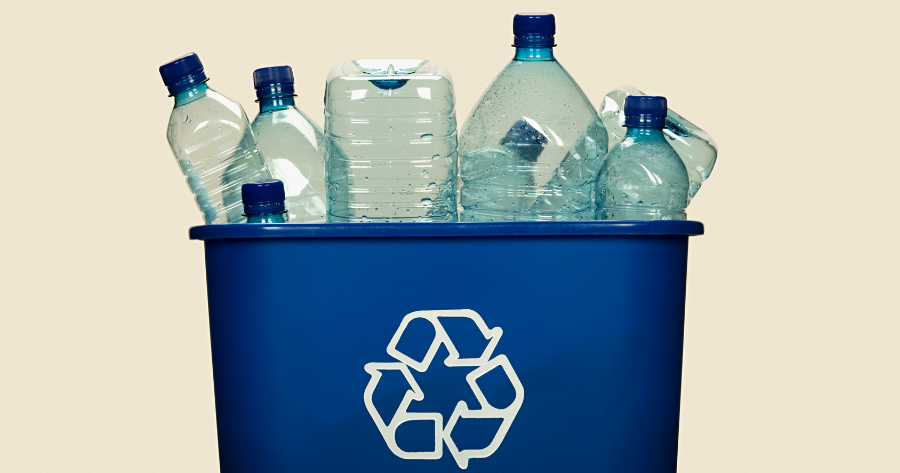BY EDWELL NGWENYA
Every year, over one million tonnes of plastic are dumped into the oceans and water bodies. The plastic ranges from food packaging to fishing gear.
While there have been massive awareness campaigns against irresponsible and wanton disposal and dumping of solid waste, little is being done in the country to change the public attitude towards waste.
Almost all disposable food and beverage packaging articles are recyclable and can be converted into new forms of packaging in what has come to be known as the circular economy of account of the continuous process of use, reuse, and recycling.
In spite of the fact that such waste can be recycled, wanton dumping among the citizens of Zimbabwe is still very normal. Discarded water and drink bottles are a common sight on the streets, dumpsters, drainage pipes, etc.
The above are signs of a missing link that induces a change of culture and attitude towards waste such that the general public regards disposable waste as an important industrial raw material than just garbage destined for the landfill. There is one programme that is a sure way of changing the attitude of the public and it is a strong market force.
The Container Deposit Refund Scheme (CDRS) has been touted as the most effective method to contain solid waste pollution and at the same time, change the public attitude. The CDRS programme works by levying a deposit on top of the normal price of a food or beverage item packed in a recyclable container.
After consuming the contents, the consumer returns the empty bottle to a CDRS operator to redeem the deposit while the empty container is channelled back to the recycling chain.
One important advantage of the scheme, apart from myriad other benefits, is the fact that bottles and containers are not contaminated, soiled or stained. Currently, collection of waste is mainly done by picking it from the dumpster, bins or landfills where it would have been dumped.
Huge logistics and handling costs associated with such collection methods as opposed to low returns on the sale of the collected material, cause the public to find responsible for dumping very unattractive.
There are little or no incentives for being responsible. A brief illustration can help portray the effectiveness of the CDRS method in combating solid waste pollution.
One bottle of the popular beverage, amahewu or mahewu, is a High-Density Poly Ethylene (HDPE) material and it weighs a paltry three grams (3g). A tonne (1000 kgs) of such bottles is worth ZWL1000.00 when sold to local plastic converting industries. This means that one needs to pick over 300 000 bottles to earn ZWL1000.00.
Such a daunting and arduous task cannot be done for a small return. Alternatively, if each bottle of the said beverage has a ZWL0.50 deposit included in the price of the commodity, it means that if one picks up 300 000 bottles, they will earn ZWL 150 000.00 as redeemed deposits apart from the actual sale of the collected material. That kind of money makes it almost impossible for anyone to dump recyclable solid waste where the CDRS programme is in place.
The following countries have implemented the CDRS with great results: Croatia, Denmark, Estonia, Finland, Germany, Iceland, Lithuania, Netherlands, Norway, and Sweden. From the above list, the Nordic Kingdom of Norway stands out as the best country in the CDRS programme with an over 90% success rate.
Locally, the perfect example of how the CDRS programme works is evidenced by the success rate of the returnable coke bottle which is redeemed for cash. That bottle is hardly found in landfills, except when broken.
With the current cash crisis, empty bottles with a deposit value can be used as a medium of exchange. For instance, it takes only two empty bottles of a ZWL0.50 deposit to pay for a single ZUPCO trip thus providing an alternative to cash and at the same time, ridding the environment of solid waste pollution.
Implementation of the programme can be done voluntarily by a producer of a beverage or food item packed in such containers or can be by way of legislation.
The latter is a better method of implementation given that there will be uniformity in pricing as opposed to one player increasing their pricing to accommodate the scheme. Such an increase may throw the company out of business.
In conclusion, there can be no seriousness in tackling solid waste if the returns or proceeds of collecting solid waste are not increased. The CDRS deposits are motivational and of attitudinal effect.
Edwell Ngwenya is the director of Pedro`s Recycling and the current chairperson of the Association of Zimbabwe Recyclers. He can be contacted on Twitter: @SirEdwell or on WhatsApp: 0773609694

